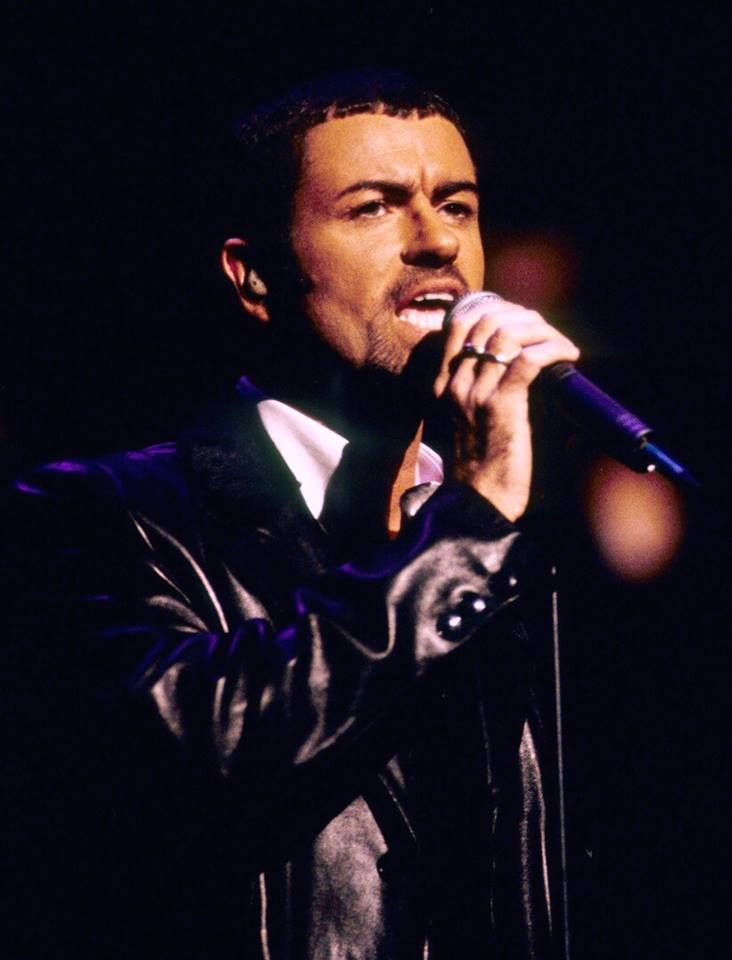
A song of profound grief and unwavering love.
In the mid-90s, the music world was a very different place. It was a time of grunge, Britpop, and a burgeoning electronic scene, but for many, it was also a period of immense change and personal reflection. For George Michael, this era was defined by a profound and personal tragedy that would forever alter the course of his artistry. Following a lengthy legal battle with his former record label and, more importantly, the devastating loss of his first great love, Anselmo Feleppa, to an AIDS-related brain hemorrhage in 1993, Michael found himself adrift in a sea of grief. For nearly two years, the wellspring of his creativity, the very thing that had brought him global fame, seemed to dry up completely.
Then, in a burst of raw, unfiltered emotion, he wrote “Jesus to a Child.” The song, penned in just a couple of hours and recorded over five days, was an elegiac tribute to Feleppa. The title and lyrics carry a poignant, almost sacred reverence for the love they shared. Michael himself revealed that the title came from a memory of a time when Feleppa had smiled at him with such warmth and innocence that it reminded him of the gentle, unconditional love of Jesus. The song’s Brazilian bossa nova rhythm was a deliberate and beautiful nod to Feleppa’s heritage. The single, released in January 1996, was the first from his critically acclaimed album, Older.
The song’s impact was immediate and powerful. Despite its somber, jazzy tone and its nearly seven-minute length—unconventional for a radio hit—it soared to the top of the charts. “Jesus to a Child” debuted at number one on the UK Singles Chart, marking Michael’s first self-penned solo single to do so and his sixth UK number one overall. It also reached the top spot in Australia, Finland, Hungary, Ireland, Israel, Norway, and Spain. In the United States, it was a significant success, entering the Billboard Hot 100 at number seven, the highest new entry by a British artist in over 25 years. This commercial triumph was a testament to the song’s undeniable emotional resonance, a feeling that transcended the specific details of Michael’s personal tragedy and spoke to a universal experience of loss and enduring love.
Beyond the public accolades and chart positions, the song held a deeper, more private meaning. George Michael, a famously private man at the time, dedicated the song—and the entire Older album—to his late partner, though he publicly referred to him only as a “close friend.” It would be another two years before he would publicly come out. What’s even more remarkable, and a testament to his character, is a fact that only came to light after his death: Michael had secretly donated all of the royalties from “Jesus to a Child” to the UK children’s charity Childline. He insisted this gesture remain anonymous, a quiet act of immense generosity that perfectly mirrors the song’s understated grace. This beautiful and sorrowful masterpiece remains a cornerstone of his legacy, a painful yet hopeful ode to a love that was tragically cut short, but which, through music, found a way to live on.